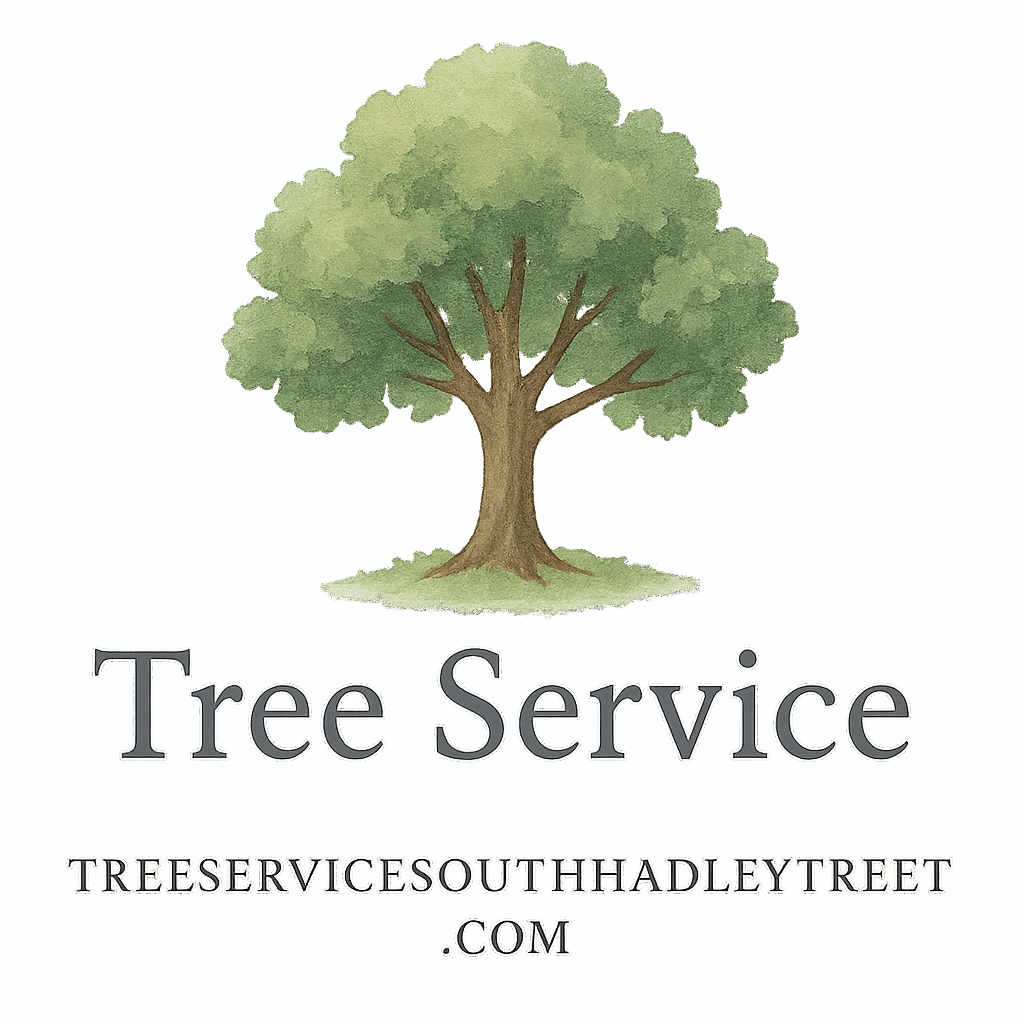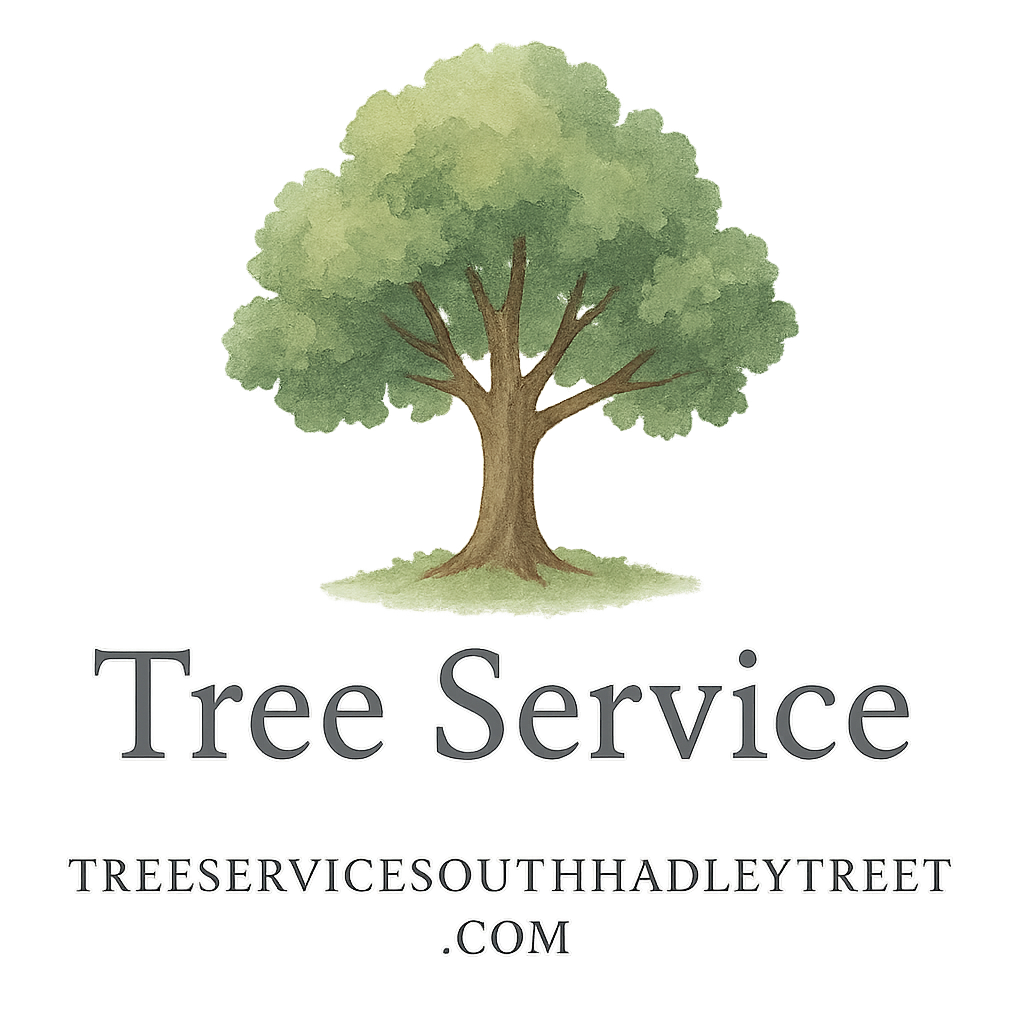Living in South Hadley, Massachusetts, means enjoying the beauty of lush trees and changing seasons. But those very trees can turn from tranquil to troublesome if they’re not maintained. If you’re unsure whether it’s time to call a tree expert, you’re not alone. In this guide, we’ll walk through the top 8 signs that scream “it’s time for tree service”—so you can take action before it’s too late.
Why Seasonal Tree Service Matters
Every season in South Hadley brings its own set of challenges—from heavy snow and ice to spring thunderstorms. Ignoring these changes can put your trees—and your home—at risk. That’s why seasonal tree care isn’t optional; it’s essential.
Understanding Tree Health in South Hadley
South Hadley’s varied weather makes trees vulnerable to both environmental stress and disease. Regular inspection and tree health assessments help catch problems early.
South Hadley’s Unique Tree Challenges
We deal with cold snaps, high winds, and unpredictable precipitation. That makes the job of a professional tree service all the more critical.
Sign #1: Dead or Dying Branches
Risks of Falling Limbs
Dead branches might seem harmless—until they crash down on your car, your fence, or worse, a family member. These limbs are brittle and dangerous.
When It’s Time to Trim
If more than 25% of a tree’s canopy looks dead, you likely need tree trimming or removal ASAP.
Check this checklist before your next pruning session!
Sign #2: Unusual Leaf Discoloration
Fungal Infections and Pests
Yellow, brown, or spotted leaves—outside the normal seasonal color change—may point to diseases. Tree diseases spread fast if not handled properly.
Preventive Tree Health Care
Leaf issues are often the first sign of a bigger problem. Don’t ignore them! Preventive care helps avoid costly removal later.
Sign #3: Leaning Trees
Structural Instability Warnings
Not all leaning trees are doomed, but if the tilt is sudden or extreme, it’s a red flag. The tree might be unstable at its base, often due to root issues.
How Professionals Assess Leaning Trees
A certified arborist can tell whether a lean is natural or hazardous. Hiring a pro is the best step forward.

Sign #4: Cracks in the Trunk
Decay and Internal Damage
Cracks or splits in a trunk can lead to internal decay. And decay means instability. That beautiful oak in your backyard? It might be one storm away from falling.
Is the Tree a Hazard?
If the crack runs deep or intersects with a limb, it’s time to consider tree removal.
Sign #5: Dense Canopy with Limited Sunlight
Pruning for Tree and Lawn Health
A dense canopy looks lush but blocks sunlight and air circulation. Overcrowding can also lead to pest infestations.
Sunlight Balance for Plant Ecosystems
Your lawn and garden need light, too! Strategic pruning is an essential part of tree maintenance.
Sign #6: Visible Root Damage
Why Roots Are the Foundation
Roots are everything. When they suffer, so does the whole tree. Damage might come from nearby construction, erosion, or disease.
Signs of Root Rot or Disease
Mushy soil, a leaning trunk, or dead branches could indicate root rot. Tree health inspections can confirm.
Sign #7: Fungal Growth at the Base
Mushrooms and What They Mean
Mushrooms may look cute, but they often indicate internal decay. A tree with fungus at the base may be dying from the inside out.
Is Tree Removal Necessary?
Don’t wait for the worst. Professional inspections can determine whether to remove the tree or treat it.
Sign #8: Storm Damage
Emergency Tree Service Explained
Strong winds and lightning strikes can cause major tree damage. Emergency tree services are crucial right after a storm.
Post-Storm Tree Inspection Checklist
Use this storm damage checklist to evaluate your trees and call the pros.
Choosing the Right Tree Service in South Hadley
What to Look for When Hiring
Look for certifications, experience, insurance, and local reviews. Don’t just go for the cheapest quote—get multiple tree service quotes for comparison.
Understanding Tree Service Costs
Tree care can vary based on complexity. Check this guide to tree service pricing before booking.
For more on this, see our page on tree service costs and hiring.
Conclusion
Trees are a beautiful asset to any South Hadley property, but only if they’re healthy and safe. If you’ve noticed any of these eight signs—dead branches, leaning trunks, strange leaves, or fungal growth—it’s time to act. Regular checkups and prompt care can save you money, protect your property, and keep your yard looking great. Don’t wait for an emergency; invest in your trees today.
Still unsure? Head to our tree service basics page to get started or contact the professionals at Tree Service South Hadley for a full health inspection.
FAQs
1. How often should I inspect my trees in South Hadley?
Twice a year is ideal—once in spring and once after fall storms. Use our seasonal inspection checklist.
2. Can I prune my tree myself?
Light pruning? Sure. But for anything high up or near power lines, hire tree professionals.
3. What does fungus on my tree mean?
It often signals decay. Visit our tree health section to learn more.
4. Is tree removal expensive in South Hadley?
It depends on size and location. Review our pricing breakdown for details.
5. What trees are most prone to storm damage?
Tall, shallow-rooted trees like pines. Learn more in our storm damage section.
6. How can I tell if a tree is sick?
Watch for signs like wilting leaves, fungus, or leaning. Visit tree health and safety for more.
7. When should I call emergency tree service?
Right after a major storm or when a tree threatens property. Check our emergency service page.


